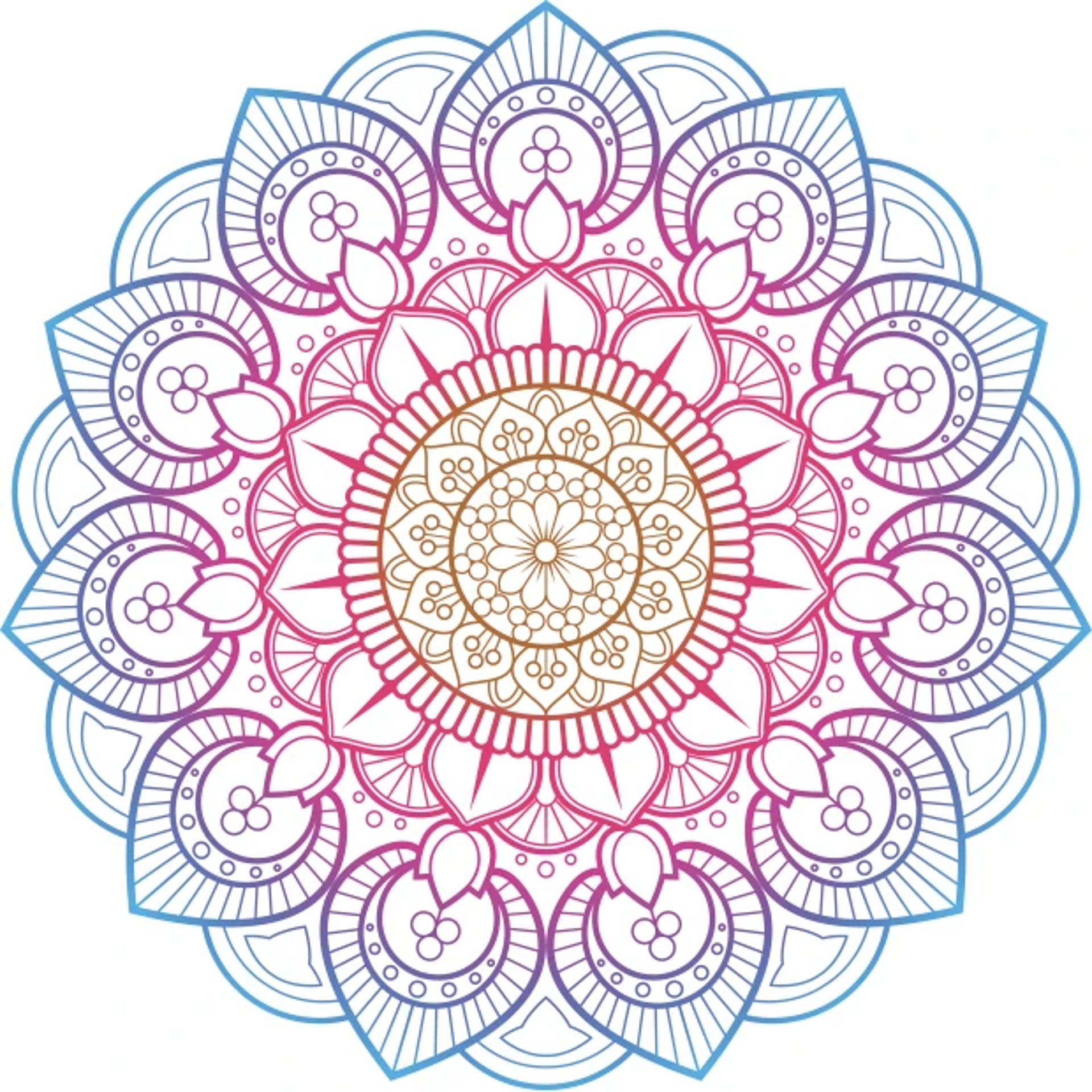The Game of the Rich
How economics is connected to our life and how it is designed to serve only few.
Rajesh Chand
2/1/20252 min read
The Game of Power: How the Rich Control Society and Keep It Struggling
Throughout history, the policies and roadmaps that shape society have largely been crafted by the wealthy elite. These few ruling percent wield power over the masses, ensuring that instability, poverty, and perpetual struggle remain common. Why? Because a society that is constantly fighting for survival is easier to control.
At the core of this system is an unquenchable thirst for accumulation—of wealth, of land, of natural resources. These resources, which rightfully belong to all living beings on Earth, have been monopolized by a select few. The rich do not simply maintain their wealth; they actively make it harder for those beneath them to rise, using tools like taxation, religious dogma, high societal standards, and an intricate web of compliance laws. These artificial barriers ensure that the gap between the wealthy and the struggling remains vast.
A classic analogy is that of the tiger in the jungle—an ever-present threat designed to keep people running in fear, working harder, and paying more taxes. This system thrives on fear and deception, keeping the majority occupied with daily survival while the elite reap the rewards. This is not just speculation; financial experts and analysts, such as Gary from the YouTube channel Gary’s Economic, have extensively discussed how rich bankers and lobbyists manipulate the monetary system to their advantage. They create the rules, exploit the loopholes, and make sure the game always favors them.
This theme is also vividly portrayed in Netflix’s Squid Game 2, where the game’s wealthy overseers capitalize on the desperation and greed of ordinary people. They design a system that appears to offer opportunity but, in reality, serves only to further entrench the existing power structure. The real-world parallel is clear: the rich thrive by leveraging the struggles of the poor.
So, what can be done? The most powerful tool in dismantling this control system is awareness. Education, critical thinking, and the dissemination of knowledge can help individuals see through the illusions set before them. When people recognize the mechanisms of control, they begin to understand that power is given, not inherent. The wealthy elite are only as powerful as the masses allow them to be.
If enough people refuse to participate in this unjust game, the structure collapses. It is, therefore, crucial to spread awareness, foster unity, and question the systems that govern us. Only by doing so can we reclaim our rights to the Earth’s resources and forge a society that serves everyone—not just the privileged few.


